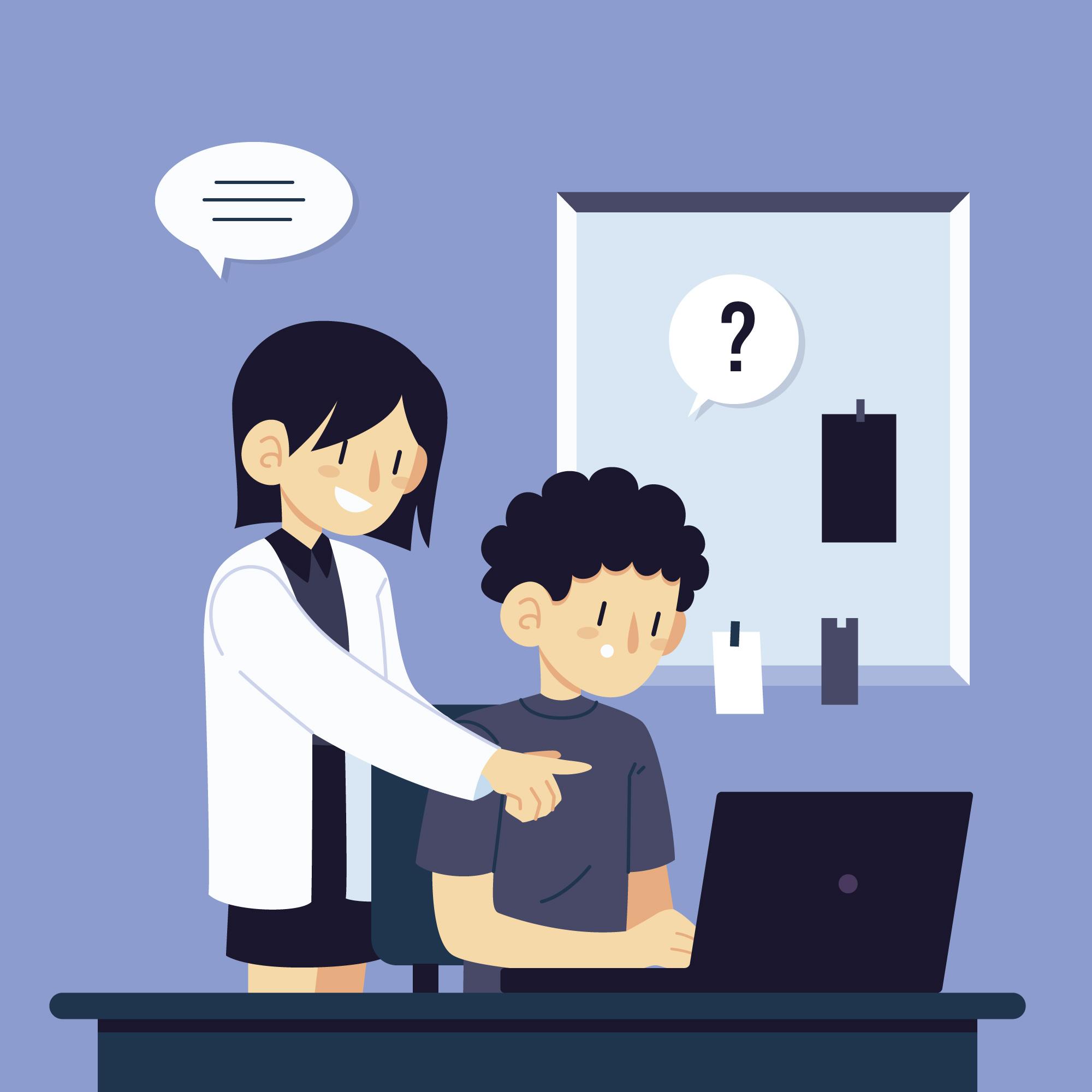
When to Seek Help for Dyspepsia: Signs It’s Time to See a Doctor
Introduction: Dealing with dyspepsia, also known as indigestion, can be uncomfortable. But when should you seek professional help? Knowing when to see a doctor or gastroenterologist can make a big difference in managing your symptoms and overall well-being.
Signs It’s Time to Seek Help:
- Persistent Symptoms: If you’re experiencing frequent or persistent symptoms of dyspepsia, such as bloating, stomach pain, or nausea, it’s a good idea to consult a healthcare professional.
- Severe Discomfort: Intense or severe discomfort that interferes with your daily activities warrants medical attention. Don’t ignore significant pain or discomfort.
- Difficulty Swallowing: Difficulty swallowing, also known as dysphagia, can be a sign of a more serious underlying condition and should be evaluated promptly.
- Unexplained Weight Loss: If you’re losing weight unintentionally, especially without changes to your diet or exercise routine, it could be a red flag for an underlying medical issue.
- Blood in Stool or Vomit: The presence of blood in your stool or vomit requires immediate medical attention. It could indicate bleeding in the digestive tract, which needs prompt evaluation and treatment.
When to See a Gastroenterologist: If your symptoms persist despite initial treatment or if your primary care physician recommends further evaluation, they may refer you to a gastroenterologist. These specialists are trained to diagnose and treat disorders of the digestive system and can provide more specialized care for complex cases of dyspepsia.
Remember, seeking help early can lead to better outcomes and improved quality of life. Don’t hesitate to reach out to a healthcare professional if you have concerns about your digestive health.
Conclusion: Knowing when to seek help for dyspepsia is essential for effective management and maintaining your overall health. If you’re experiencing persistent or severe symptoms, difficulty swallowing, unexplained weight loss, or signs of bleeding, don’t delay in seeking medical attention. Your doctor or gastroenterologist can help identify the underlying cause of your symptoms and develop a personalized treatment plan to address your needs.
To seek medical advice, always consult a Doctor. Here are our recommended experts. Click Here
To read more on Dyspepsia. Click Here


